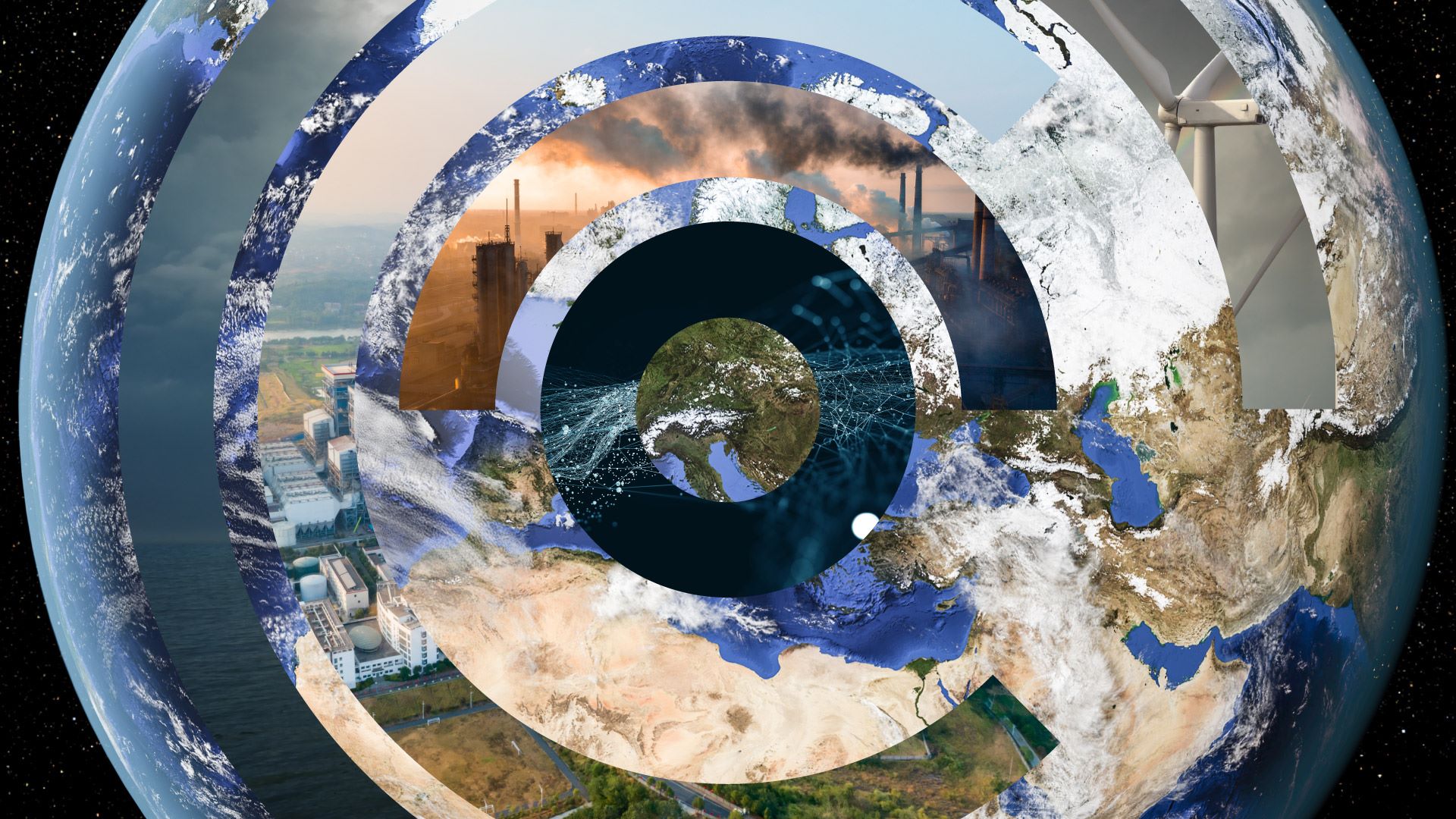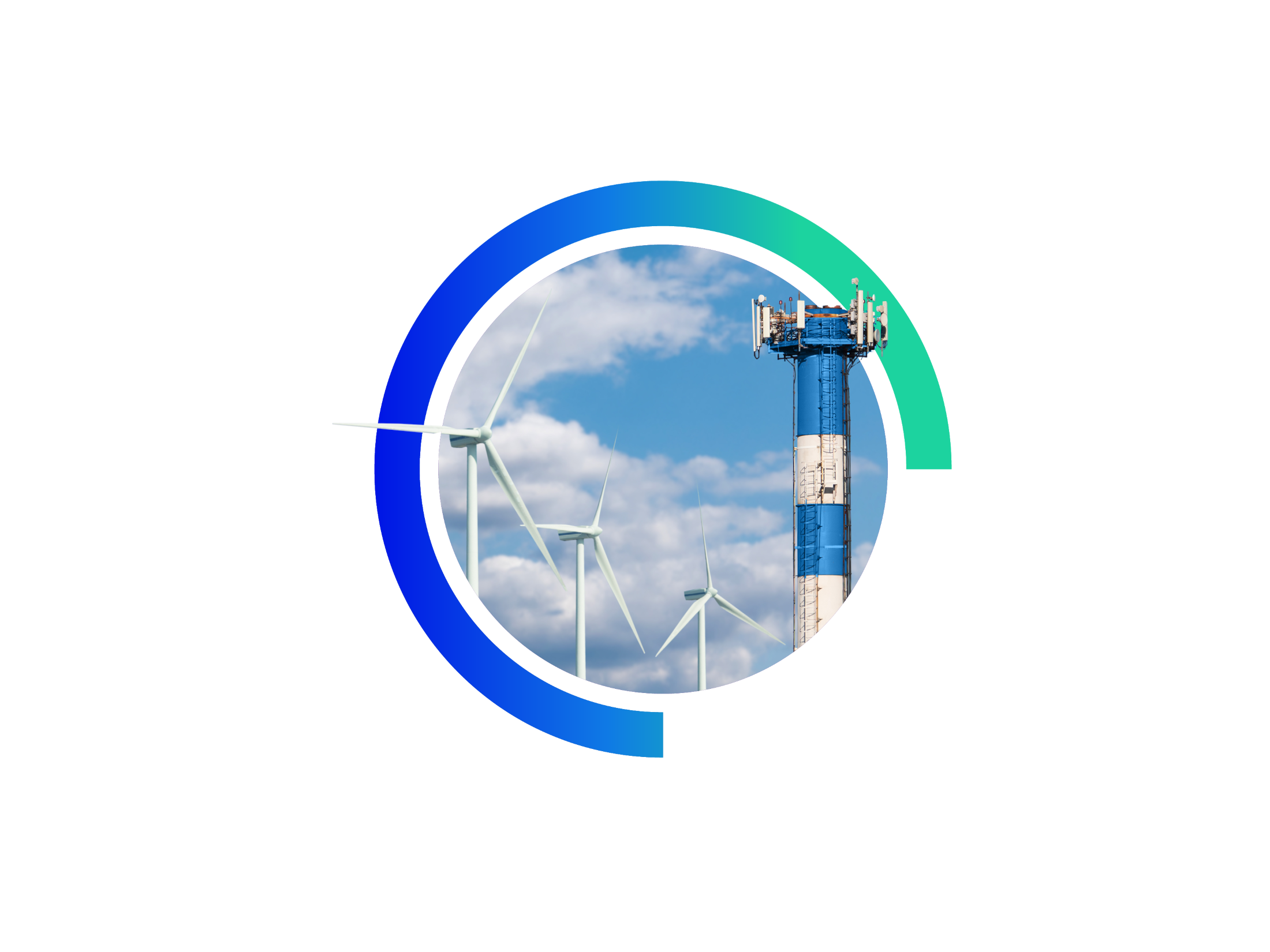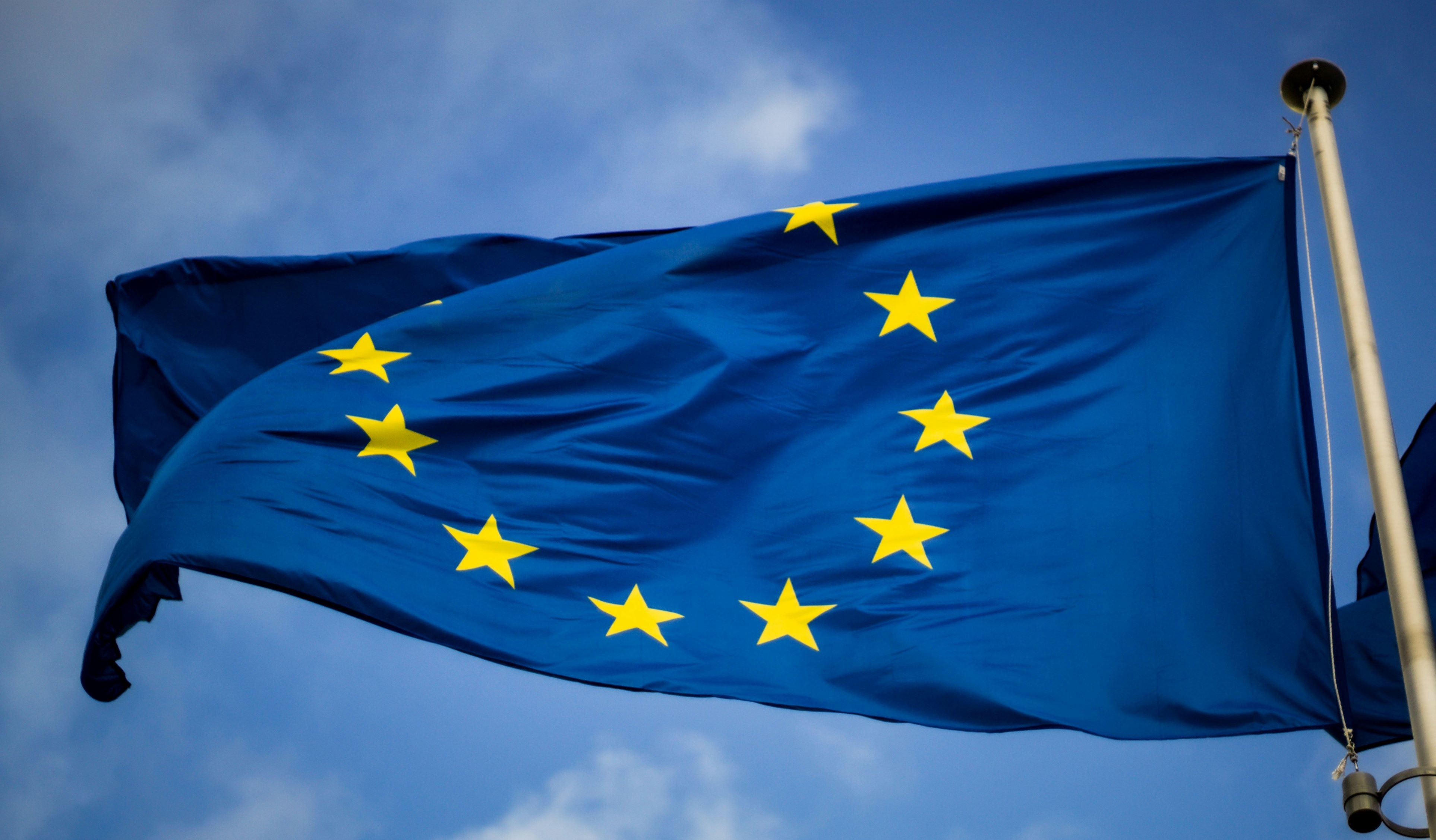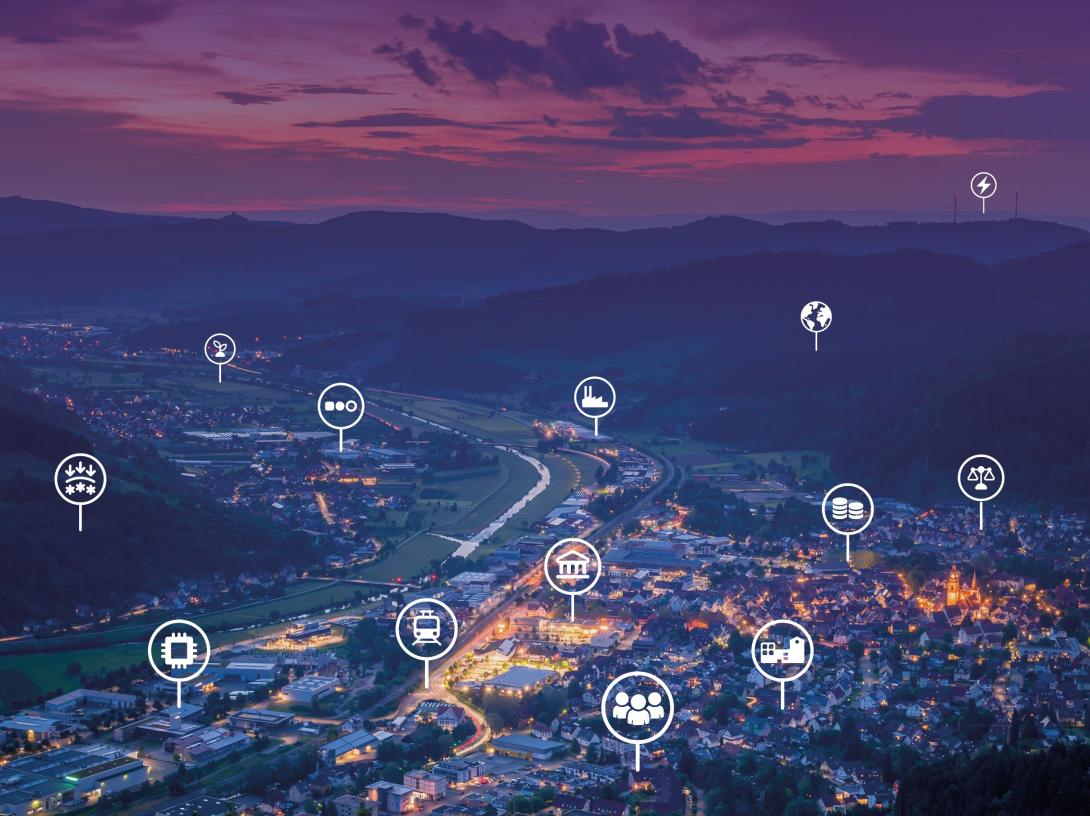Glossary
Glossary
Live recording: Launch event annual Flagship Report 2024 - Insights on progress to EU climate neutrality for the incoming EU cycle
SHARE

Watch the live recording of the 2024 launch event here.
Speakers
10:00 - Opening and welcome: pointers for the next EU legislative cycle
Sonja von Renssen, Moderator
Matthias Duwe, ECNO Coordinator, Ecologic Institute
10:10 - Presentation of ECNO findings: signs of progress in key transition areas
Eike Velten, Senior Fellow, Ecologic Institute
Markus Hagemann, NewClimate Institute
Clara Calipel, Research Fellow, Institute for Climate Economics
10:40 - Thematic exchange I - Industrial transformation: a climate neutral and competitive industrial base in Europe
Suzana Carp, Deputy Executive Director, CleanTech Europe
Robert Jan Jeekel, Head of European Institutional Affairs, ArcelorMittal Europe
11:20 - Thematic exchange II - Just transition: bringing citizens along on the journey to net zero
Maciej Sytek, Director, Regional Development Agency in Konin, Wielkopolska region, Poland
Giulia Laganà, Co-Director, Just Transition Centre at International Trade Union Confederation
11:55 - Conclusions and outlook
Matthias Duwe, ECNO Coordinator, Ecologic Institute
Update on EU progress to climate neutrality: towards a more competitive and secure Europe
This year’s EU-wide progress report, the second of its kind by the European Climate Neutrality Observatory (ECNO), comes at a political juncture, being published shortly after the 2024 EU elections. While the composition of the EU’s legislative body will undoubtedly change, we expect that most representatives in the European Parliament will still agree on the necessity of the transition as envisioned in the Green Deal - not just for the sake of emission reductions, but also to guarantee Europe’s international competitiveness and its political autonomy.
With our second progress report, we are not only providing an update of progress towards EU climate neutrality based on new data but are highlighting crucial areas of action for incoming EU policy-makers. ECNO’s analysis shows that the EU is moving in the right direction, but that the pace of progress is still too slow in several areas. Yet, the Fit for 55 package under the European Green Deal has boosted policies that address some of the crucial bottlenecks visible in past data. ECNO’s assessment serves as direct input to the next COM and EP work programme, in support of achieving the EU’s agreed targets.
At our launch event in Brussels, we presented our newest findings and engaged with relevant high-profile stakeholders. We hosted two thematic panels on topics that move the EU at the moment: industrial transformation and just transition for the people of the EU.

The purpose and impact of ECNO
With increased importance placed on the implementation of the EUGD policies, it needs to be clear to policy-makers where policies achieve what they are designed for, and where more or alternative action is needed. This is not obvious by simply looking at the development of the emissions curve. ECNO proposes and lays the groundwork for comprehensive monitoring that reveals the underlying enabling conditions for the transition. Equipped with that knowledge, we can make sure that the EU gets – and remains – on a pathway towards climate neutrality by 2050.
ECNO was established in June 2023 as a new, trusted voice in the European climate policy discourse and functions as an independent observatory of the EU’s climate neutrality target. At our launch in 2023, we were joined by Luxembourg's former Energy Minister, Claude Turmes, Laurence Tubiana (CEO of the European Climate Foundation) and Yvon Slingenberg (Acting Deputy Director-General of DG CLIMA) and more.
We were able to have an impact on EU policy-makers already - highlighted e.g., by ECNO having been cited and used as a source by the European Scientific Advisory Board on Climate Change (ESABCC) in its own progress assessment in 2023, or by our successful outreach to various MEPs, some of which have taken up our points in a January ENVI Committee Hearing.




